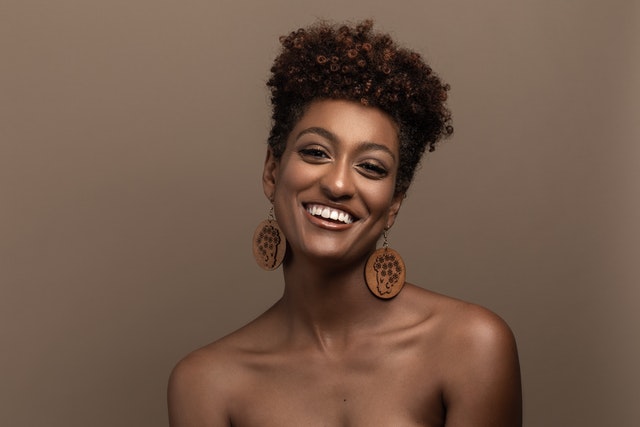There is a common misconception that Black people can’t get head lice. While it is true that lice are more common among Whites, Black people can, in fact, also get lice. So why do so many people think that Black people can’t get lice? And what should Black people know about head lice?
Dermatologists report that patients frequently ask them about lice and other scalp conditions. Black patients, in particular, often seem surprised to find out that they have lice. The misconception that Black people cannot get head lice is simply false.
Head Lice is Less Common Among Black People
Among the general population, White people (and children in particular) are more likely to get head lice than Black people. One study published in 2018 suggests that one reason may be that lice have a harder time clinging to the curly, thicker hair of people with naturally curly hair.
Another possibility is that hair oils may make the hair shaft smoother, which is more difficult for lice to cling to. Research suggests that Black women use hair oils and similar products more often than White women, and at a younger age.
Things to Know About Head Lice
Head lice are incredibly common among school-age children. There are three different types of lice that infect humans – head lice, body lice, and pubic lice. Head lice are the most common.
Head lice are tiny insects that live on hairs and the scalp and feed on blood through the scalp. Lice do not carry viruses or bacteria and are not a sign of improper hygiene. Lice are easily transferred from one person to another through direct contact.
- The signs of lice may include:
- Itching on the scalp, neck, and ears
- Visible lice on the scalp
- Lice eggs (nits) on the hair shaft
- Sores on the scalp, neck, or shoulders
If you suspect that you or your child has lice, you should contact a healthcare provider. There are some treatments that can help control itching and kill lice and nits. Medication to treat lice is available without a prescription and takes about two weeks to complete two rounds of treatment. Re-treatment is often recommended to kill any residual nits that the first round did not kill.
Black people who get lice may have a more difficult time killing them because of the texture and style of their hair. A lot of chemicals and combs simply aren’t suitable for coily or curly hair. Instead of using the recommended “nit combs” try a wide-tooth comb.
Many lice sufferers also make masks that help rid the hair shaft of nits and lice. Essential oils like peppermint and tea tree oil may be effective, as well as apple cider vinegar.
Risk Factors for Lice
Lice do not care what type of hair they are clinging to. They will grab onto any hair that they can successfully cling to in order to reach the scalp. While lice are less common among Black people, some of the worst infestations are among Black people who do not recognize the signs and symptoms, or those who believe they are immune.
But it is time for this misconception to be resolved. In fact, some researchers believe that lice have adapted to living in curly or coily hair over time. Overall, anyone who has hair is at risk for lice if they are exposed to individuals who are infected.
Conclusion
Head lice are one of those things that give most of us the heebie-jeebies. It is important that Black people know that they are, in fact, at risk of lice if they are exposed. This is especially important for families with school-age children. Knowing the warning signs and treatment options helps us all be prepared to tackle lice when it does occur.










